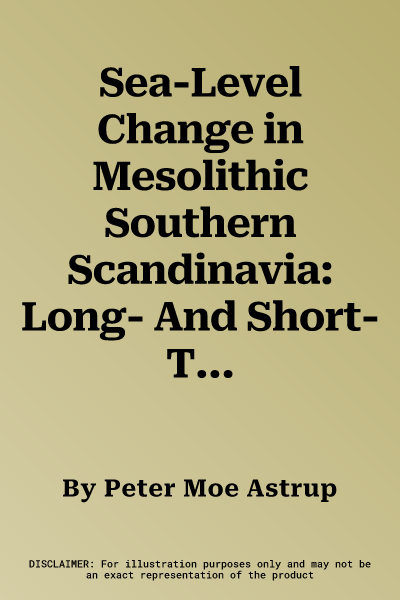The seabed in southern Scandinavia contains numerous traces of a
submerged landscape that is thought to be the remnant of a once
important habitat for Mesolithic hunter-gatherers. Large parts of this
landscape were gradually flooded by rising seas between 9500 and 4000 BC
and perceptions of the Maglemose culture (9500-6400 BC) have,
consequently, been based almost exclusively on former inland
settlements. As a result, Early and Late Mesolithic societies have been
understood as almost diametrically opposed with regards to their
reliance upon marine resources and their degree of sedentism. The main
objective of the book is to investigate two questions that are directly
related to our current understanding of the populations of the now
submerged areas: 1) Do we have a representative picture of the spread of
Early Mesolithic sites in southern Scandinavia, or does the weighting
towards inland sites reflect the fact that coastal sites have not been
identified below present-day sea-level? 2) How did sea-level changes
impact Mesolithic populations at different temporal and spatial scales,
and how were these experienced from 8000-4000 BC? The book presents an
extensive and up-to-date review of various types of evidence from the
Boreal period such as faunal remains, fishing instruments, d13C values
in bones, settlement positions and available marine resources. These are
used to discuss the extent to which marine resources were utilised in
the Maglemose culture. Another central component of this book is a
series of new coastline models made to determine the Mesolithic
sea-level changes / coastline positions. The eight new coastline models
are created to facilitate new evaluations of possible relationships
between sea-level changes and cultural changes. On the basis of the new
coastline models the book also presents the preliminary results of 47
diver investigations conducted with the aim of identifying potential
coastal settlements from the Maglemose culture.

